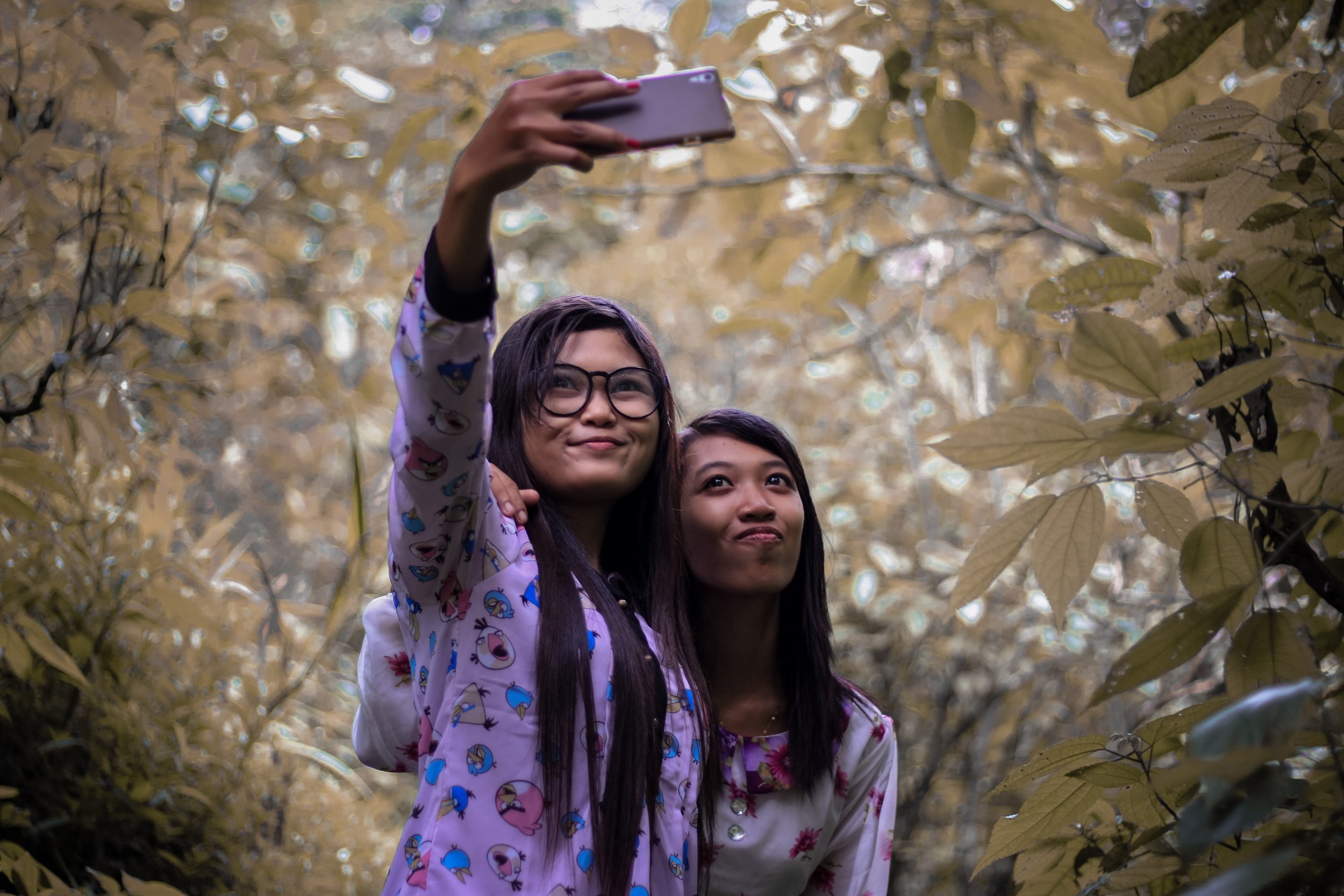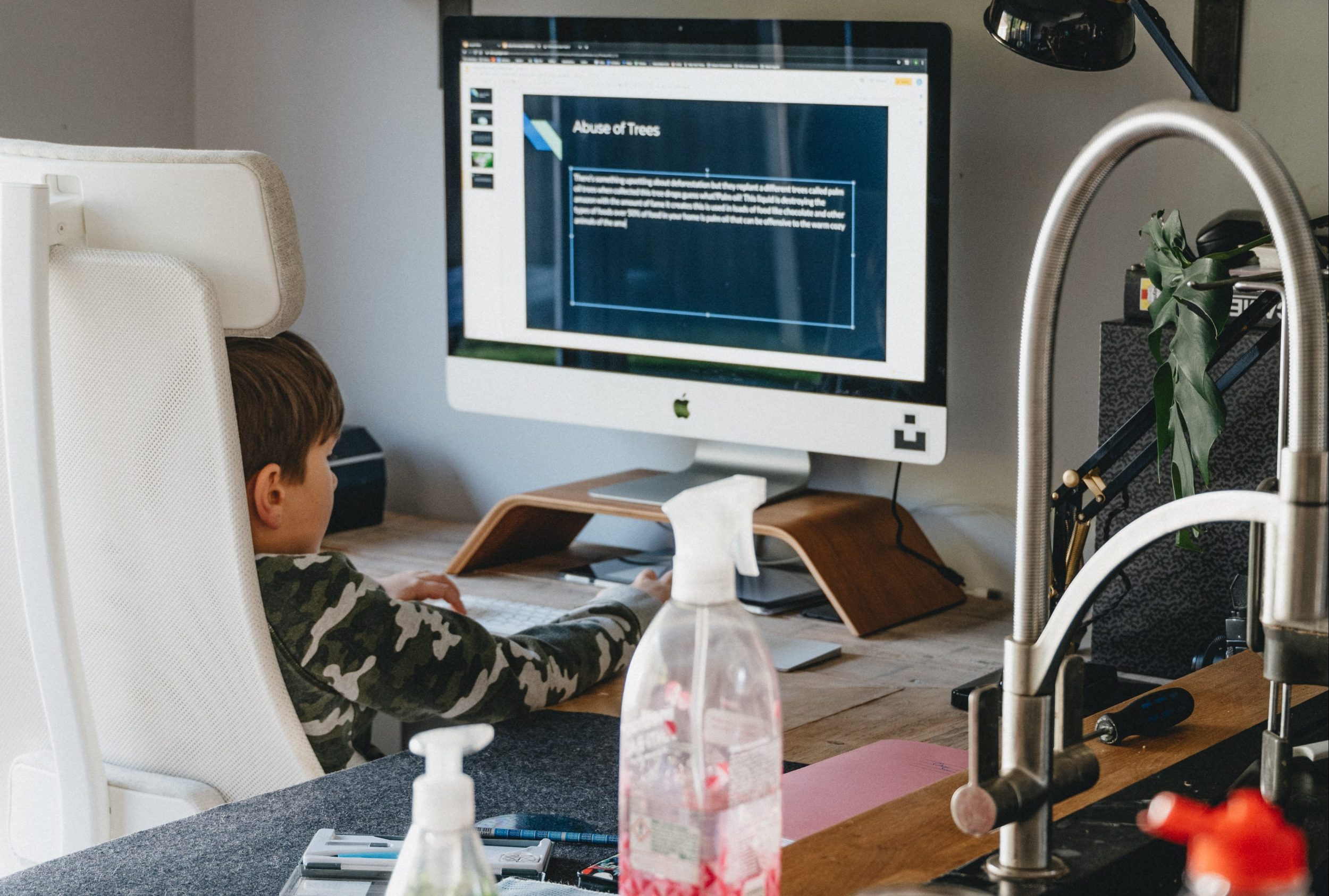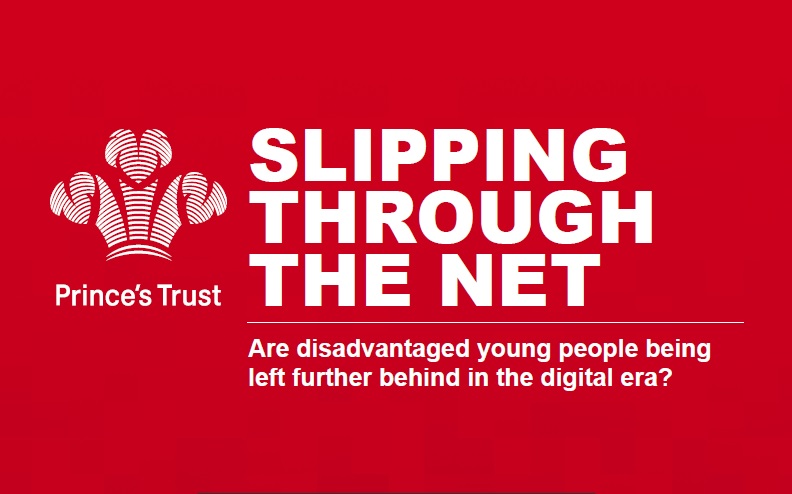 A consultation is currently underway on England’s National Curriculum and LSE’s Sonia Livingstone has looked at the proposed framework and found it severely lacks appropriate coverage of digital skills. She argues that it also mistakenly continues to treat them solely as technological, disregarding important social aspects of online communication.
A consultation is currently underway on England’s National Curriculum and LSE’s Sonia Livingstone has looked at the proposed framework and found it severely lacks appropriate coverage of digital skills. She argues that it also mistakenly continues to treat them solely as technological, disregarding important social aspects of online communication.
The consultation framework document for England’s National Curriculum admirable includes among the aims for computing that of of ensuring that all pupils “are responsible, competent, confident and creative users of information and communication technology.” My research on EU Kids Online has consistently shown that the more digital skills children have, the more they take up online opportunities in practice.
However, increased digital skills are also associated with increased encounters with online risks of various kinds (because wider use of the internet, like riding a bicycle, brings children into contact with all kinds of experiences, for better and for worse). Because of this, it is a welcome commitment that children should be taught to “communicate safely and respectfully online, keeping personal information private, and recognise common uses of information technology beyond school” from the very beginning of their education.
Ofcom’s survey data show that children are gaining access to the internet at ever young ages, so beginning from the start of primary school is indeed vital. The research and policy community is gaining expertise in the specific risky encounters of early primary and even pre-school children, and this should be drawn upon in advancing the changed curriculum.
In the consultation framework document the importance of teaching internet safety in primary school (ages 7-11) is a little played down but still present. However for this age group peer-to-peer communication is an increasingly serious issue, bringing real benefits but also harms. The challenge is not only to teach children how to “use technology responsibly, securely and safely” but also how to communicate with each other safely and responsibly, using technology.
Of real concern however is that for the 11-14 age group, at the start of secondary school, any mention of the social uses and abuses of technologies has disappeared in the consultation document. I urge that this is continued and extended. My and other research makes clear that the early secondary years are the period of maximum experimentation with identity and relationships online, paired with still-insufficient social and digital skills. It is, therefore, the age at which cyberbullying, “sexting” and other online harms become apparent, undermining children’s development and learning, and occupying considerable amounts of teacher time to address.
Internet safety has also disappeared entirely from the proposals for the over 14 group. Although it has long been a problem that internet safety and responsible digital use has been taught only in secondary schools, this is a curious and disturbing reversal. Now the proposal is to teach it only in primary schools. Ask any secondary school if they experience problems with their pupils’ use of internet, phones, social networking etc., and you will receive a resounding yes.
Ask any parent if they are worried about this too, and not only will they say yes but, as our EU Kids Online survey showed clearly, their number one preference is for schools to address this with pupils: when asked where they would like to get safety information from, the child’s school was the most preferred (43%), as parents themselves often lack the expertise or confidence to do so.
Last, I observe that primary school teaching of responsible internet use has been nested within the teaching of computing in the proposed curriculum reform. For the past twenty years, experts concerned with responsible and safe use of the internet have urged that this should precisely not be treated as a technical matter so much as a social one.
The problem is only partly children’s grasp of the technical affordances of the internet or phone and much more a matter of their awareness of the social and personal nature of online or technologically mediated forms of information search and communication with others. Sexting and pornography should be linked to sex education, bullying to Personal Social and Health Education, the internet mentioned in relation to discussions of self-harm or anorexia, and so forth.
Internet safety is necessary for all children, from reception through to the end of secondary school, with appropriate progression and contextualisation according to pupils’ age. Internet safety and the many subtle and personal issues associated with it, should be taught as part of children’s personal and social development as well as or in preference to its teaching as a technical matter of computing expertise.





